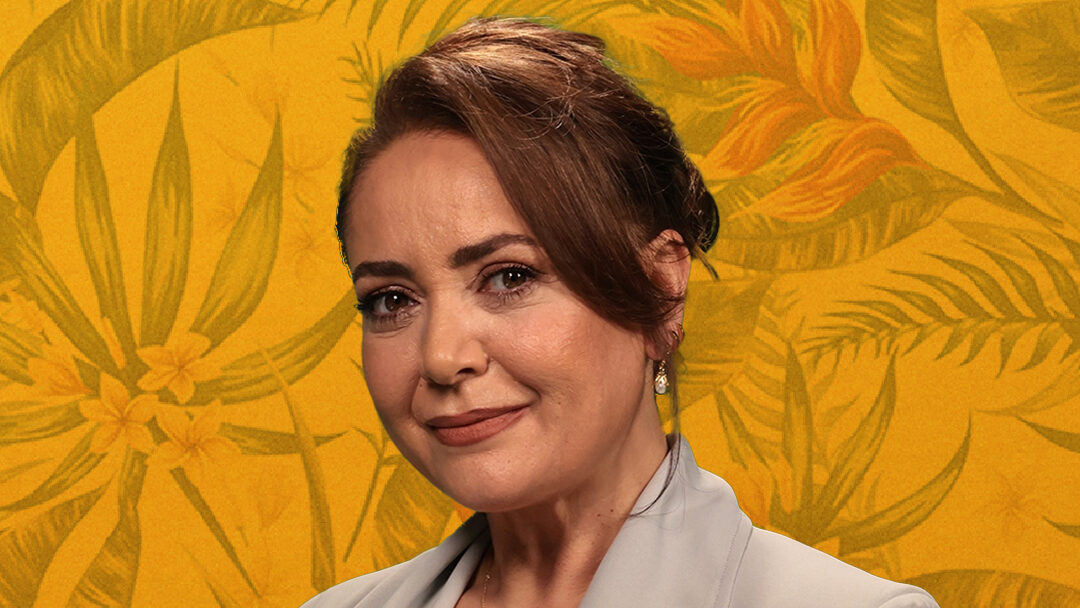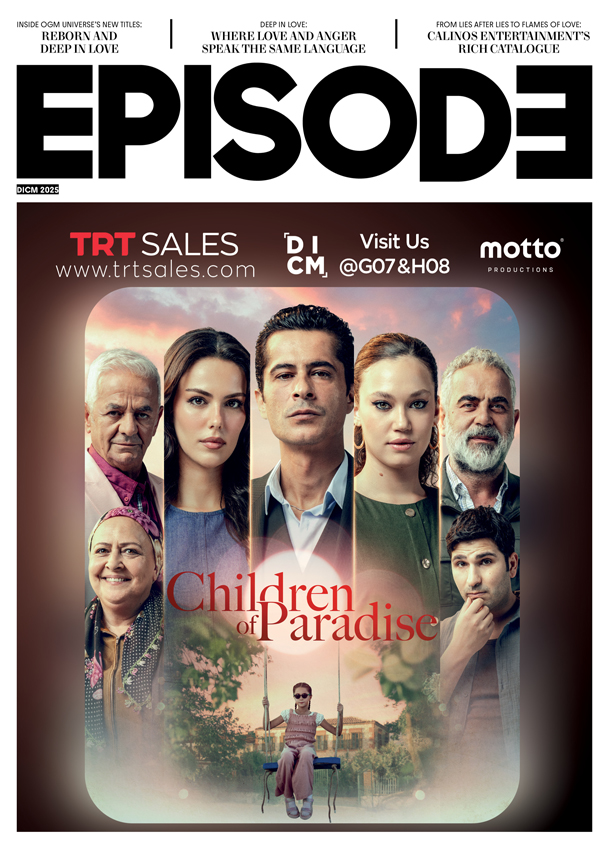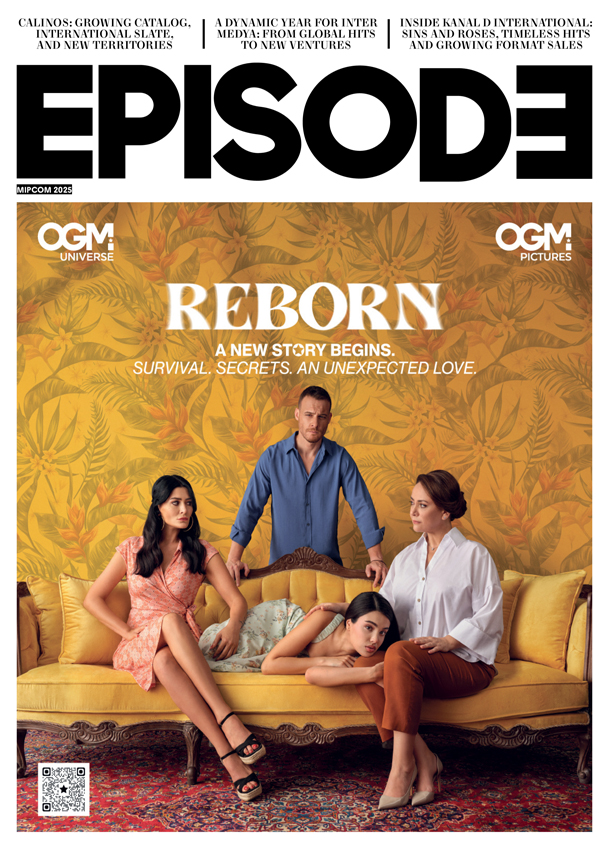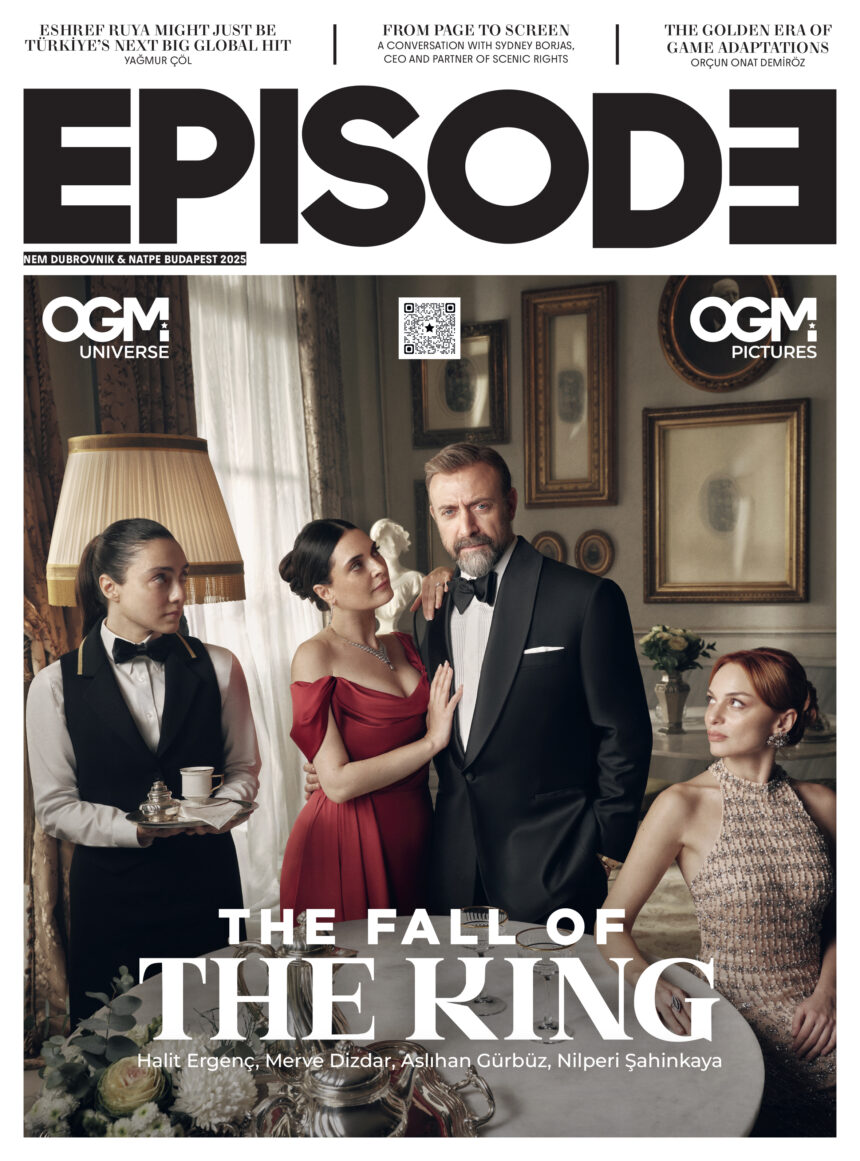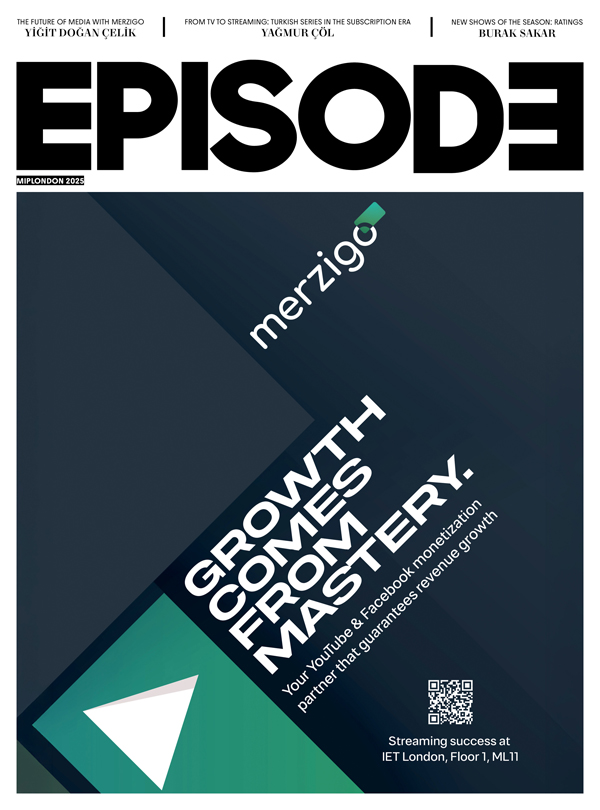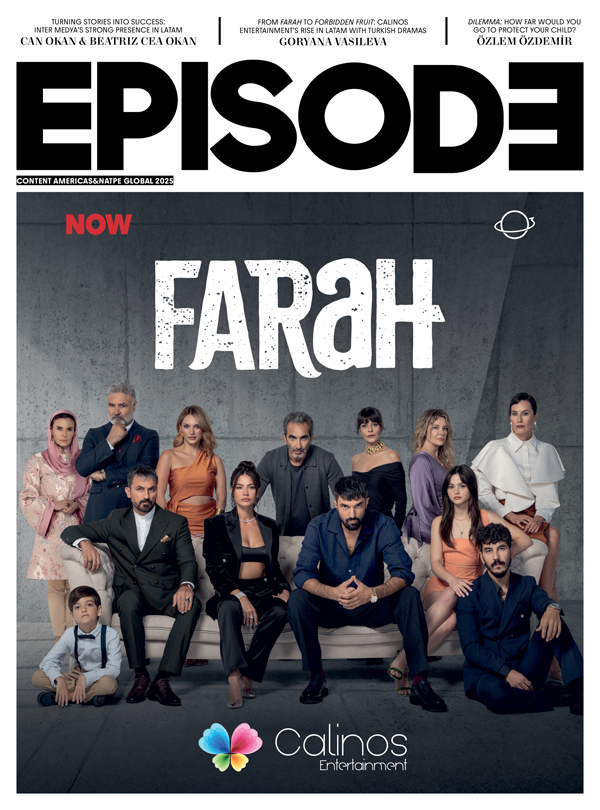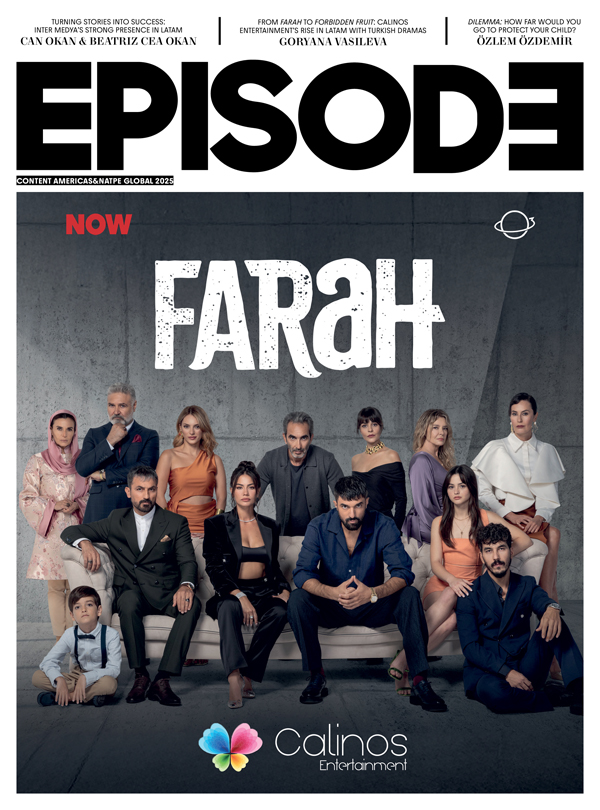For our MIPCOM 2025 issue, Episode went behind the scenes of Reborn and sat down with Sibel Taşcıoğlu to hear her thoughts on the pains, hopes, conflicts, and transformations of his character Reyhan.
Melike is described not only as Reyhan’s daughter, but also as her entire source of life. Do you think that with Melike’s death, Reyhan lost just her child, or did she also lose her very reason for existence? And is her bond with Aslı, in fact, an attempt to rebuild that lost identity?
Sibel Taşcıoğlu: Melike was not just a daughter, but also the center of her life, her very source of existence… With her death, Reyhan didn’t just lose her child; she lost the strongest bond that tied her to life. Clinging to Aslı is, in a way, her attempt to rebuild that lost identity and give new meaning to her existence. That’s what makes Reyhan’s journey so layered and deeply moving.
Reyhan’s love for Aslı gradually shifts from compassion to a suffocating obsession. What psychological dynamics do you think lie beneath this transformation?
Sibel Taşcıoğlu: It’s not something she does consciously, but deep down it’s her way of trying to keep Melike alive. This obsessive love likely stems from a fear of loss and a feeling of worthlessness. That’s what pushes her affection into an unhealthy space. Reyhan’s love for Aslı becomes part of her denial of trauma; in other words, her love turns into a desperate search for reassurance.
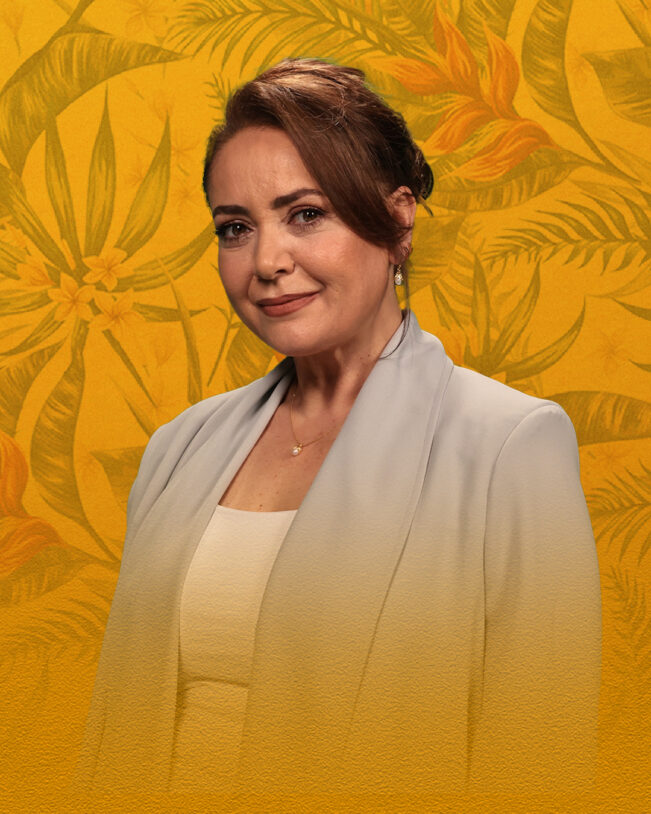
Are Reyhan’s feelings toward Hülya more than just simple jealousy?
Sibel Taşcıoğlu: Yes. Hülya is an outsider who threatens the fragile balance Reyhan has built. The conflict between these two mothers is really a clash between “biological motherhood” and “idealized motherhood.” Underneath it all, there are very complex psychological dynamics.
Reyhan hears the echo of her daughter’s heart in Aslı, but does she really hear Aslı’s own voice, her dreams, and her pain?
Sibel Taşcıoğlu: I think that’s Reyhan’s biggest tragedy. Because Aslı carries a piece of Melike, hearing that heartbeat means so much to her. But hearing Aslı’s pain or her dreams is much harder. As Melike’s mother, Reyhan is still caught up in trying to compensate for that loss.
Reborn (Çarpıntı) isn’t just about Aslı’s heart; it also represents the moments that shake every character’s life and change their fate. For Reyhan, what was the “reborn” moment that struck her the hardest and changed the rhythm of her life?
Sibel Taşcıoğlu: Without a doubt, it was the death of her daughter. That was the greatest shock of her life, and after that moment, Reyhan’s entire world was reshaped.
The healthiest part of Reyhan’s love is its unconditional nature, her deep attachment to her daughter and her instinct to protect her. This makes her capable of sacrifice and allows her to show immense compassion. But when it comes to Aslı, that same intensity can become overwhelming and possessive, to the point of restricting Aslı’s freedom.
In the series, family is shown as a web of blood ties, secrets, regrets, and expectations. Within this web, when does your character feel like a victim, and when does she feel like the one at fault?
Sibel Taşcıoğlu: Reyhan often feels like a victim within this tangled web, especially after losing Melike. Yet at the same time, her love for Aslı, driven by the instinct to protect her, places heavy responsibilities on Aslı, sometimes unconsciously. That also makes Reyhan a perpetrator. She is both the victim of her pain and, perhaps, the cause of others’ suffering.
The story says “a heart brought two families together.” But is that union a blessing or a curse?
Sibel Taşcıoğlu: For Reyhan, it can be both a light of hope and a heavy burden. The fact that her daughter’s heart beats in someone else is comforting in one sense, but on the other, it strengthens her bond with the past, deepening her grief and guilt. This heart constantly reminds her of past losses and traumas. It is both a blessing and a curse, emotionally very complicated.
In Reborn, love is shown not as something pure, but as obsession, guilt, or a search for salvation. What are the healthiest and most toxic sides of Reyhan’s way of loving?
The healthiest part of Reyhan’s love is its unconditional nature, her deep attachment to her daughter, and her instinct to protect her. This makes her capable of sacrifice and allows her to show immense compassion. But when it comes to Aslı, that same intensity can become overwhelming and possessive, to the point of restricting Aslı’s freedom. At the same time, seeing Reyhan’s devotion to her own daughter may lead Aslı to question her own relationship with her mother. For Reyhan, this duality makes her both strong and, in some ways, dangerous.






